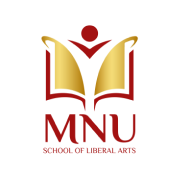Master of Arts in “7M02321 TRANSLATION STUDIES”
Duration – 1/2 years
Aim of the program:
The programme is aimed to train specialists in interpretation and audio-visual translation who are proficient in modern technologies for rendering high-quality translation, simultaneous and consecutive interpretation. Moreover, they will acquire the skills required for research in Translation Studies and other related fields.
By the end of the programme, you will be able:
- to apply quantitative and qualitative research methods;
- to master audio-visual translation skills;
- to use CAT (Computer Aided Translation) tools along with translation memory systems;
- to possess advanced simultaneous and consecutive interpretation skills;
- to work with terminology projects;
- to refine analytical and complex problem-solving skills.
Main courses:
Consecutive Interpretation;
Simultaneous Interpretation;
Advanced Translation;
Terminology;
CAT Tools;
Introduction to Audio-visual Translation;
Subtitling
Practice of Audio-visual Translation.
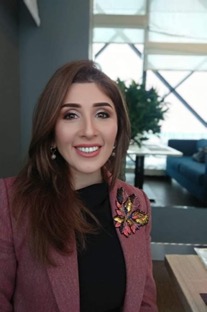
Kulshan Aliyeva-Tufek
MA in Translation Studies, Alexandru Ioan Cuza University, Romania
Senior lecturer
Conference Interpreter, Translator, Trainer on Conference Interpreting, Consecutive Interpreting, Terminology
LSP Co-founder, Kazakhstan Translation Academy Co-founder, Chairman of the Association of Professional Translators and Interpreters of Kazakhstan
Immense work experience as a consecutive and simultaneous interpreter at various conferences, forums, and projects in oil and gas industry, national banking, trade, neurosurgery, politics, education, economics, ecology, human rights with the involvement of the ministries of the Republic of Kazakhstan, the Supreme Court, OSCE, UN, UNICEF, World Bank, USAID and other organizations and private companies.
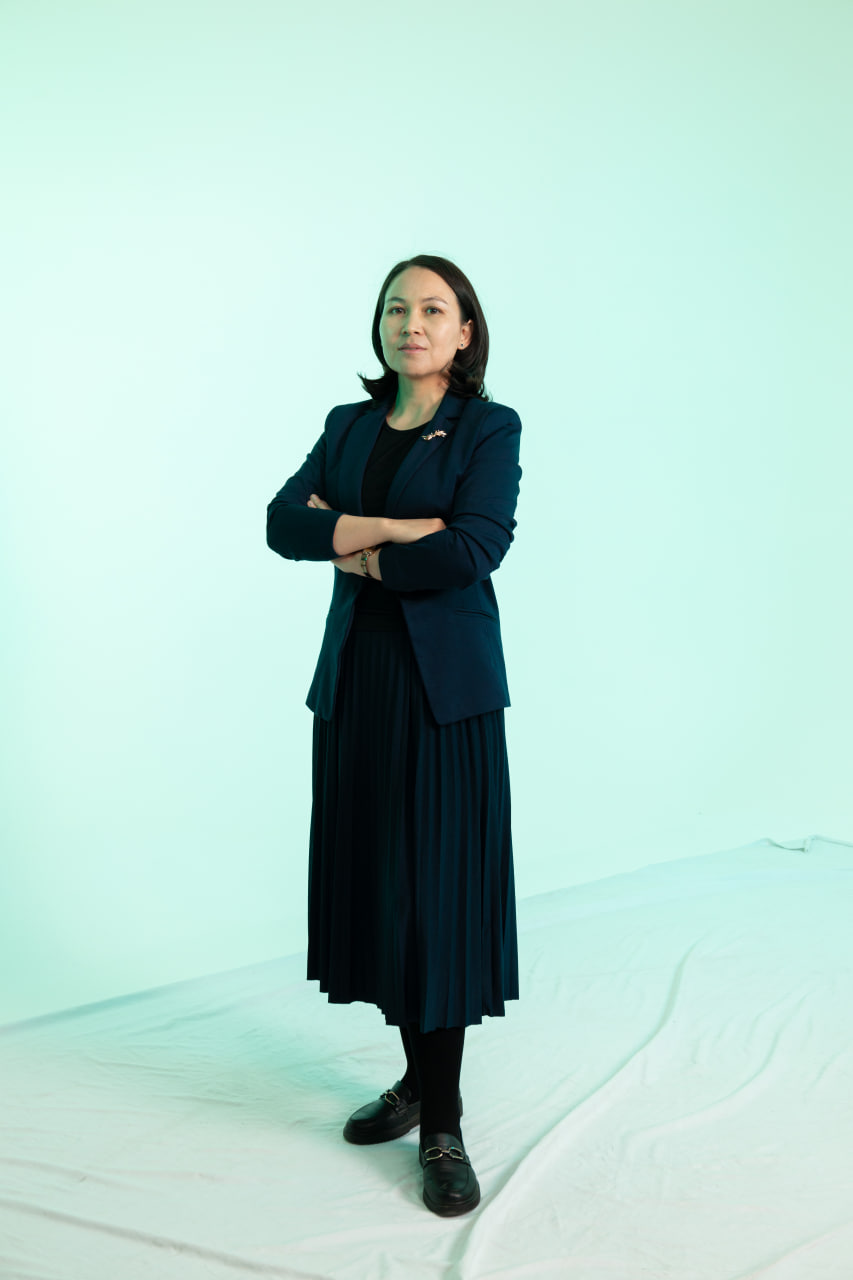
Ainur Bayekeyeva
PhD in Translation Studies,
L.N. Gumilyov Eurasian National University
Teaching professorPermanent member of the Terminological Committee of the Republic of Kazakhstan (“Til-Qazyna” national center named after Sh. Shayakhmetov)
Research internships:
Goethe University Frankfurt, Germany (2018-2019)
Novosibirsk State University, Russian Federation (2019)
Publications:
Bayekeyeva, A.T., Tazhibayeva, S.Zh., Shaheen, A.A., Beisenova, Z.S., Mamayeva, G.B. (2022). Developing an Online Kazakh-English-Russian Thesaurus of Industry-Specific Terminology. International Journal of Society, Culture and Language, 10(1), pp. 83–98. DOI: 10.22034/ijscl.2022.543082.2465
Bayekeyeva, A., Tazhibayeva, S., Beisenova, Z., Shaheen, A. (2021). Controlled multilingual thesauri for Kazakh industry-specific terms. Social Inclusion, 9(1), pp. 35–44. DOI: 10.17645/SI.V9I1.3527
Bayekeyeva, A., Tazhibayeva, S., Jumabay, U., Nevskaya, I. (2021). Kazakh anthroponyms derived from metal and mineral terms. Turkic Languages, 25(1), pp. 26–40. DOI: 10.13173/TL.25.1.026
Number of WOS/Scopus publications: 3. H-index – 2
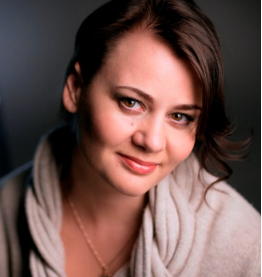
Evgeniya Malenova
PhD in Linguistics,
Omsk State Technical University
Teaching professor
Freelance audiovisual translator experienced in subtitling (spotting, translating, and editing),
translation for voice-over and dubbing (recast and lip-synch)
Business owner and Chief Production Officer at Alba Multimedia Company, LLC
Main customers: Alba Multimedia, RuFilms Group, Netflix, Amazon, AeroGroup, SDI Media, DreamWorks Animation Studios, Pro-TV Channel.
Publications:
Malenova, E.D. (2018) Transmedia is “New Sexy”: Case Study of “Sherlock” BBC Series Transmedia Project. Social, Mobile, and Emerging Media Around the World: Communication Case Studies. Alexander V. Laskin (ed.). Lanham, USA: Lexington Books, 161–174.
Malenova, E.D. (2018). Creative practices in translation of transmedia projects. Journal of Siberian Federal University. Humanities & Social Sciences, 5(11). 775–786.
Malenova, E.D. (2017). I am Sherlocked: intertextuality of TV series and translation problems. Bridges: Translators and Interpreters’ Journal, 4(56), 27–37.
Malenova, E.D. (2017). Theory and practice of audiovisual translation: Russian and foreign research practices. Communication studies, 4(14), 32–46.
Malenova, E.D. (2017). Subtitling Practice: From Translation to Transcreation. Journal of Siberian Federal University. Humanities & Social Sciences, 4(10), 526–536.
Membership in professional organizations:
Member of Union of Translators of Russia (UTR)
Member of European Society for Translation Studies (EST)
Member of European Association for Studies in Screen Translation (ESIST)
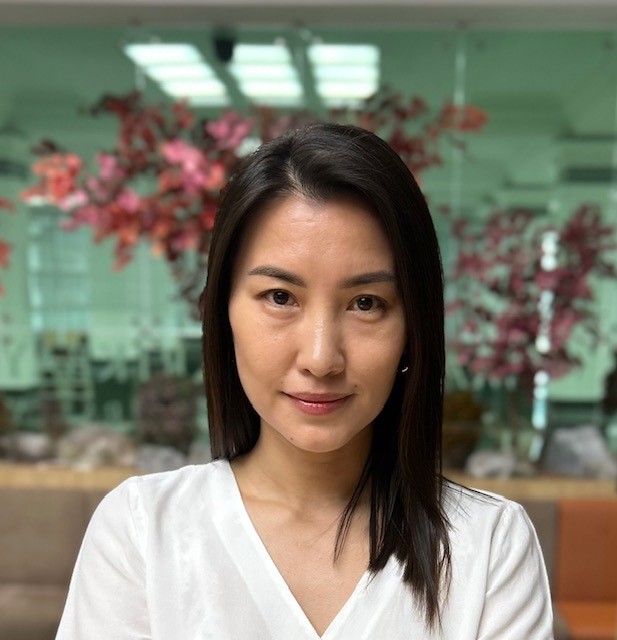
Gulfiya Kuchumova
PhD in Education, Nazarbayev University
Assistant professor
Publications:
Kuchumova, G., Bilyalov, D. & Jonbekova, D. (2023). Faculty engagement in university-industry research partnerships: Findings from a developing country. Studies in Higher Education (Q1/H120) https://www.tandfonline.com/doi/abs/10.1080/03075079.2023.2203135
Moldashev, K., Kuchumova, G. & Malgeldinov, N. (2023). University strategic responses to challenges of the pandemic: A systematic literature review and the case of Kazakhstan. Central Asian Economic Review 5. https://doi.org/10.52821/2789-4401-2022-5-127-141
Jonbekova, D., Kuchumova, G., Goodman, B., Kerimkulova, S. & Sparks, J. (2022). Employment of Master degree graduates in Kazakhstan: Navigating an uncertain labour market. Central Asian Survey (Q2/H35). https://doi.org/10.1080/02634937.2022.2141690
Mason, S., Lévesque, M., Meki-Kombe, C., Abel, S., Balaban, C., Chiappa, R., Grund, M., Joubert, B, Kuchumova, G., Mantai, L., Main, J., Motshoane, P., Qi, J., Steyn, R., & Zheng, G. (2022). Reflections from early-career researchers on the past, present and future of doctoral education in Towards a Global Core Value System in Doctoral Education (Eds. M. Nerad, D. Bogle, U. Kohl, C. O’Carroll, C. Peters, & B. Scholz), pp. 241-256, UCL Press.
Grant projects:
MHES: Research Capacity Development in Teacher Education in Kazakhstan.
CARCEIT NU: Academic promotion and remuneration policies at private higher education institutions in Kazakhstan.
Number of WOS/Scopus publications: 2. H-index – 2
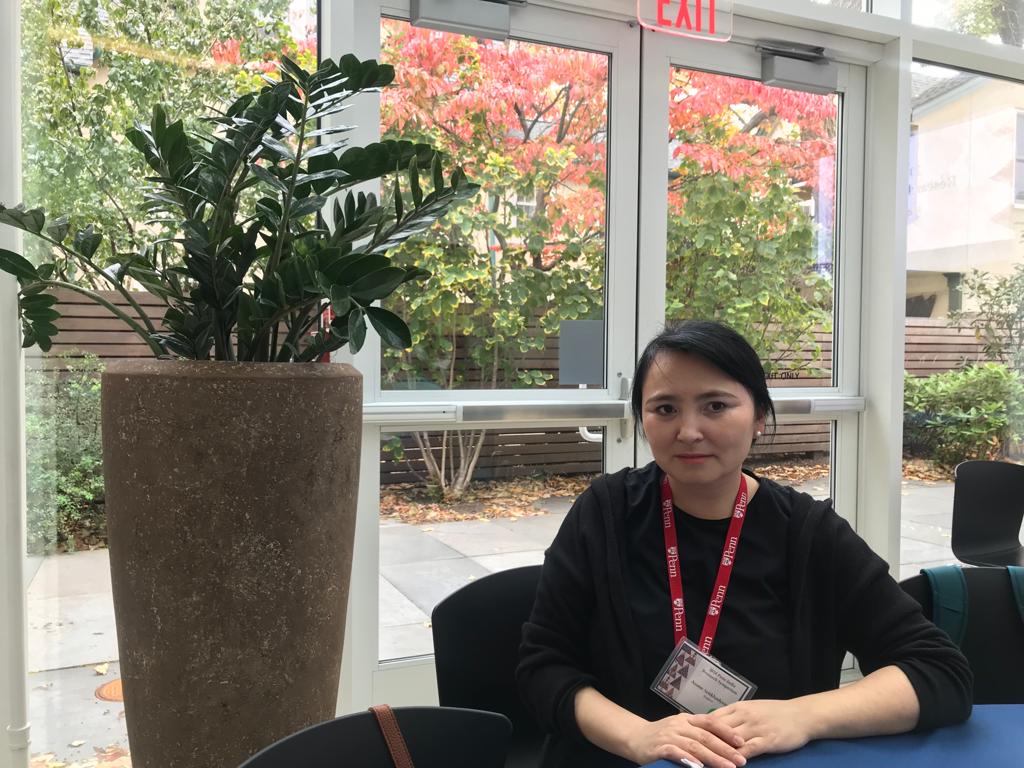
Assem Seitkhadyrova
PhD Candidate in Education, Nazarbayev University
Senior lecturer
Internship: University of Pennsylvania, the USA, (2018)
CELTA (Cambridge Certificate in Teaching English to Speakers of Other Languages), (2019)
Publications:
Durrani, N., CohenMiller, A., Kataeva, Z., Bekzhanova, Zh., Seitkhadyrova, A., Badanova, A. (2022). The fearful khan and the delightful beauties: The construction of gender in secondary school textbooks in Kazakhstan. International Journal of Educational Development, 88(2–3):102508. https://doi.org/10.1016/j.ijedudev.2021.102508
Developing LLL Skills in Higher Education Institutions of Kazakhstan. Conference Proceedings, ERC, Hamburg, Germany, 2019
Doing Gender in Textbooks. Conference Proceedings ECER, Hamburg Germany, 2019
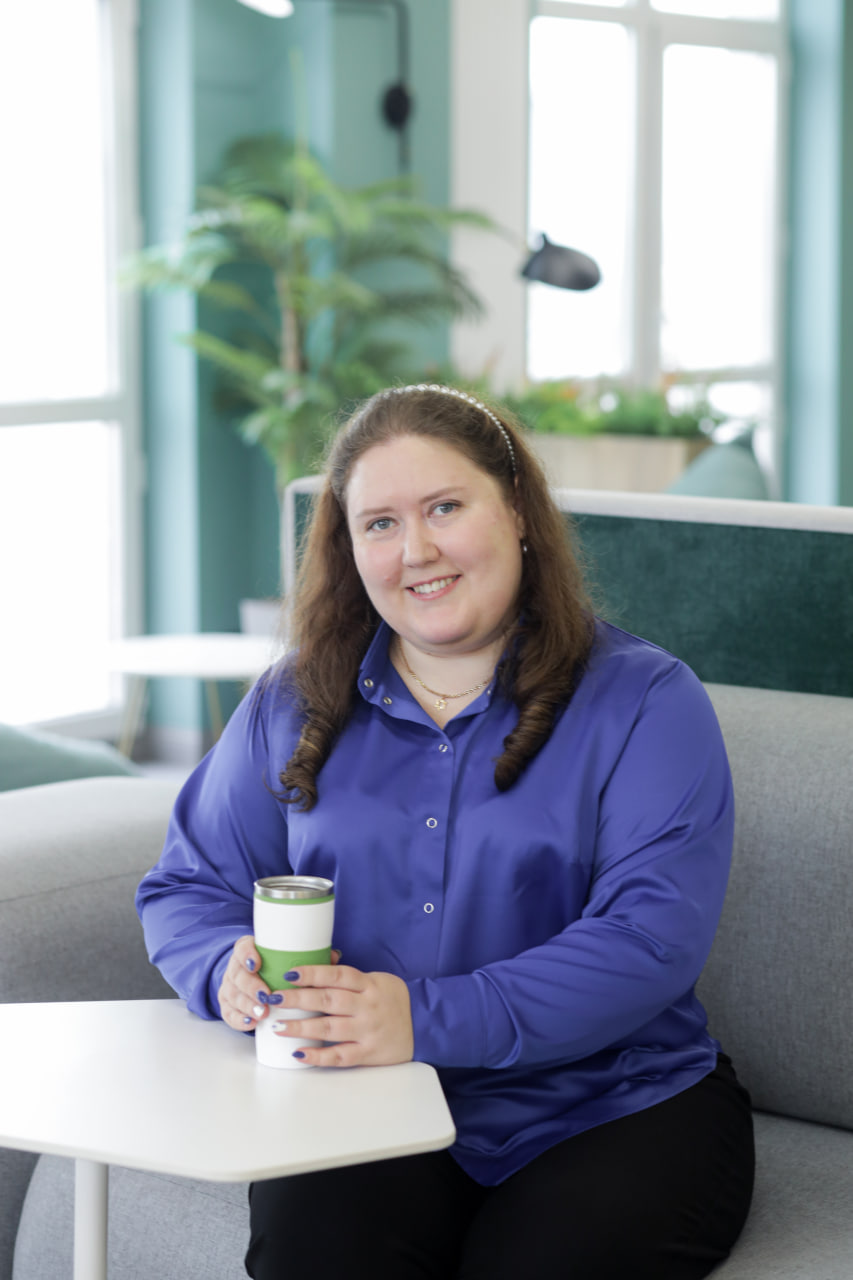
Olga Bainova
PhD Candidate in Education, Nazarbayev University
Senior lecturer
Visiting scholar, Research mentorship program at the University of Pennsylvania Graduate School of Education, 2018
Conferences:
2021- Flipped Classroom as One of the Ways to Transform Teaching in the Digital Age”, International Online Conference “Learning Languages in the Digitalized Environment.” Almaty, Kazakhstan
2020 – “Flipped Classroom Integration: A Review of Research in Institutional Innovations in Higher Education”, VI International Forum on Pedagogical Education vIFTE-2020 (virtual). Kazan, Tatarstan
2019 – “Flipped Classroom as One of the Ways to Innovate Kazakhstan Higher Education through Technologies”, 4-th Regional Network Conference CAREN, Bishkek, Kyrgyzstan
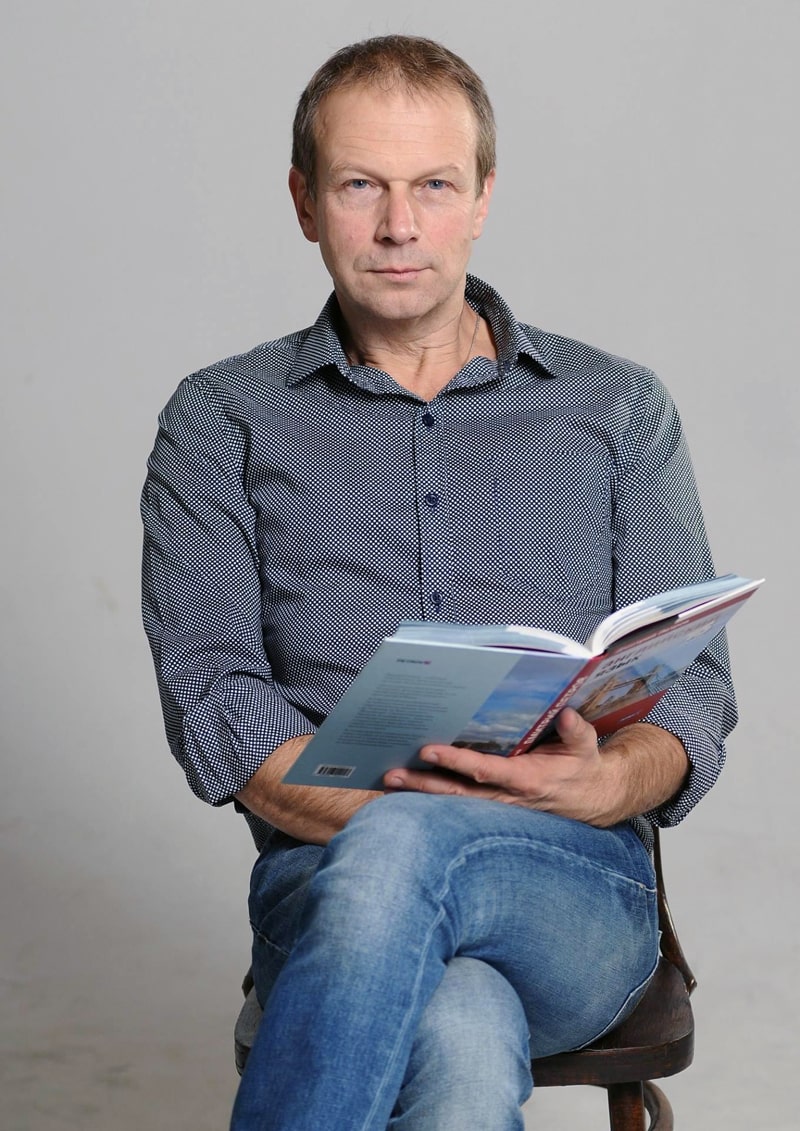
Dmitry Petrov
Specialist degree in Translation Studies in English and French,
Maurice Thorez Moscow State Pedagogical Institute of Foreign Languages
Associate professor
A well-known psycholinguist, polyglot, author of the book “Magic of the Word” and textbooks-simulators for the rapid study of foreign languages, winner of the RF Government Prize in the field of education and culture. Author and host of the intellectual reality show “Polyglot”. Learn English in 16 hours! on the TV channel “Culture”. A total of 8 seasons have been released: English, Italian, French, Spanish, German, Hindi/Urdu, Portuguese, Chinese. With the help of his own method of intensive learning of foreign languages, he managed to become a polyglot, having learned more than 30 languages.
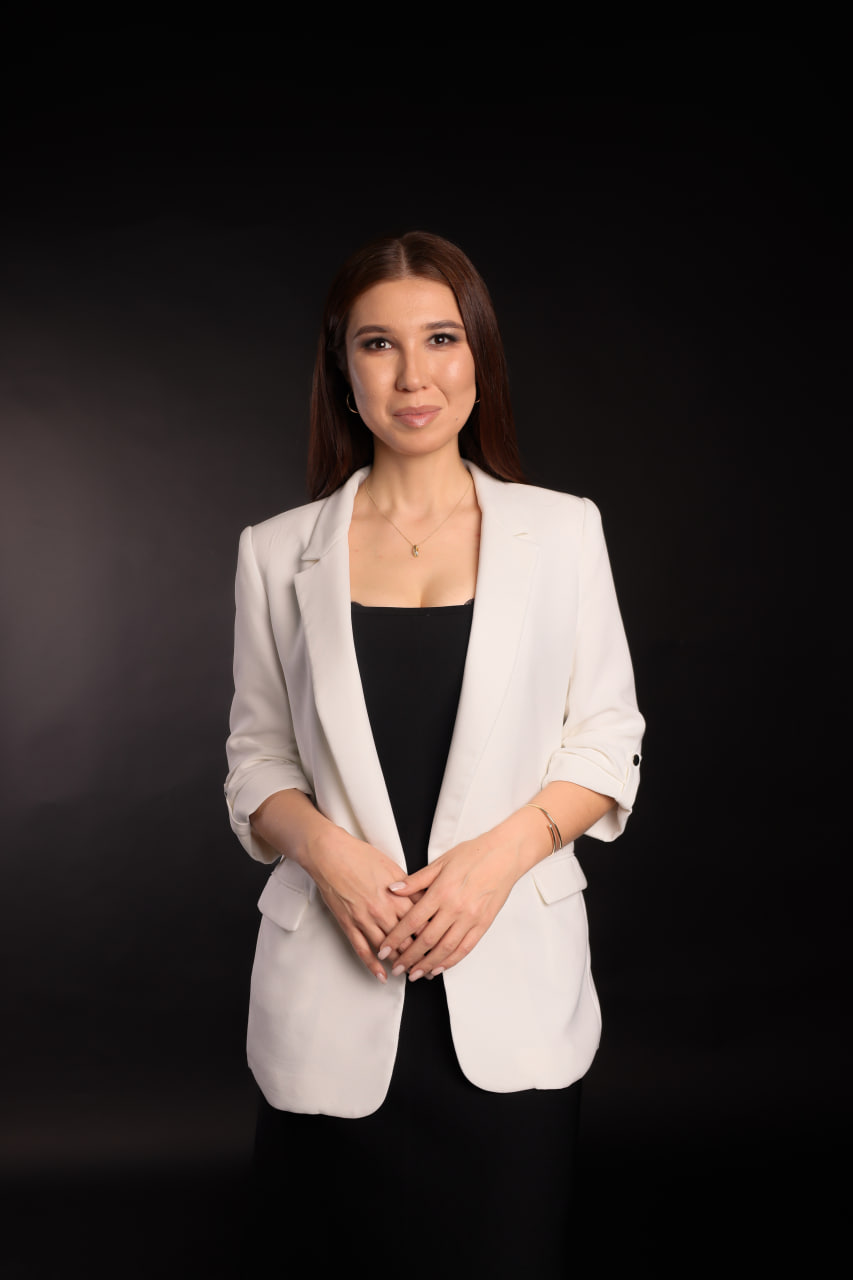
Zhanara Sarmanova
PhD in Translation Studies,
L.N. Gumilyov Eurasian National University
Teaching professor
Research internships:
Research internship at the Higher School of Translation, M.V. Lomonosov Moscow State University (2019)
Research internship at the Higher School of Translation, M.V. Lomonosov Moscow State University (2020)
Publications:
Remote simultaneous interpretation, European Multi Science Journal, No. 33 (2020)
Digitalization of interpretation: the emergence and development of automated translation, Subsection 6.6 – Topical issues of translation studies; Science and Education (2020)
Comparison of the effectiveness of statistical and neural automated translation systems, Science and Life of Kazakhstan, International Science Journal, No.1 (2019)
Modern machine translation tools, Science and Life of Kazakhstan, International Science Journal, No.1 (2019)
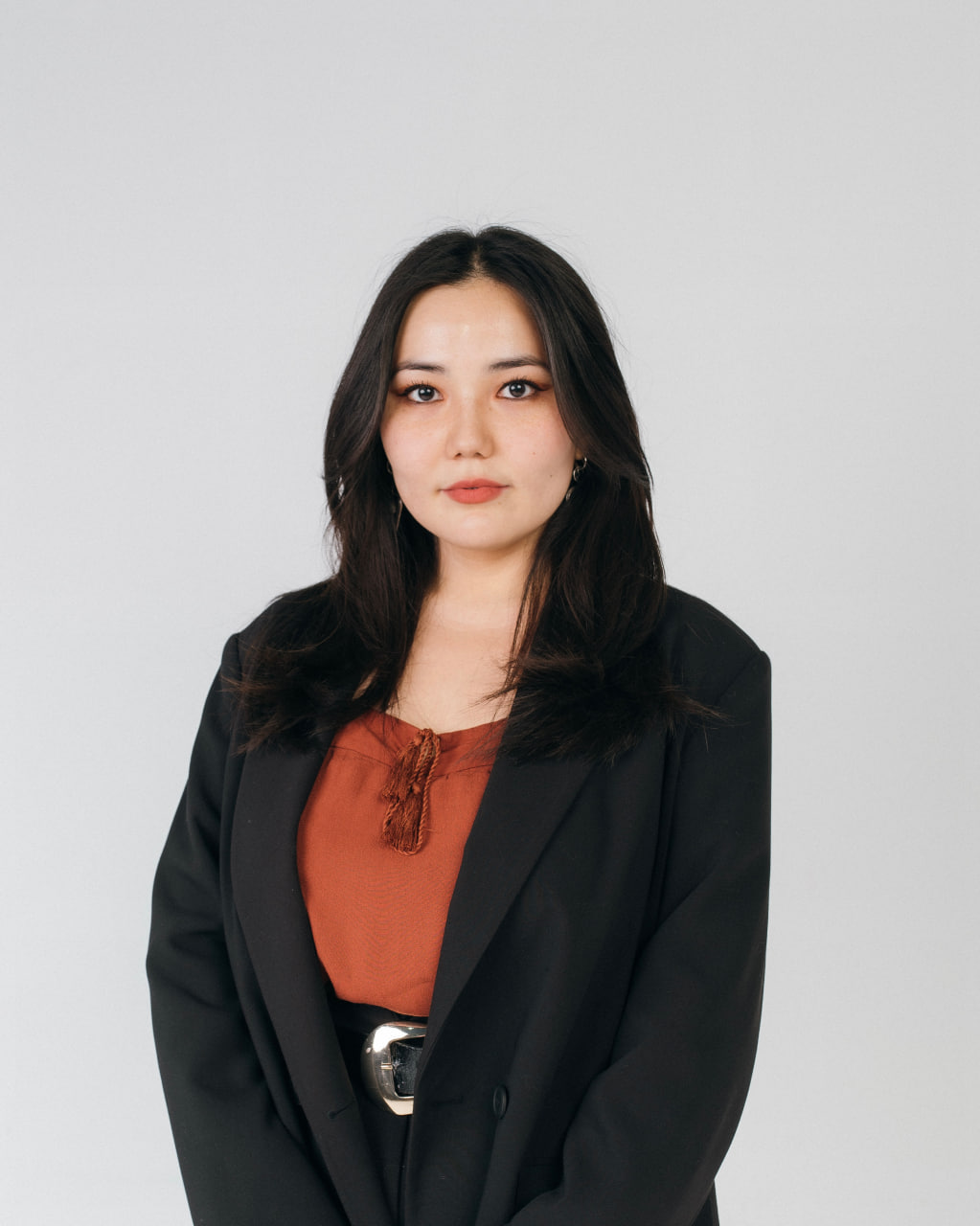
Rakhila Tulina
MA in Translation Studies, M. Narikbayev KAZGUU University
Lecturer
1st Category Chief Specialist, Translation Department, RSE on REM “Diplomatic Service MFA RK” of the Ministry of Foreign Affairs of the Republic of Kazakhstan
Extensive experience of providing simultaneous and consecutive interpreting at various events at the high and highest levels with participation of the President of the Republic of Kazakhstan Kassym-Jomart Tokayev, First President Nursultan Nazarbayev, ministers, heads of security councils, heads of international organizations such as WHO, PACE, CICA, SCO, OIC, UNAMA
Certificate awarded by the Foreign Minister of the Republic of Kazakhstan
Andrey Falaleyev’s Interpretation Courses Certificate
Master of Arts in “7M02322 APPLIED LINGUISTICS”
Duration – 2 years
Aim of the programme:
The programme is aimed at training highly qualified linguists capable of applying their in-depth knowledge of the English language system along with corpus linguistics for analysing oral as well as written speech and conducting research in the field of Applied Linguistics. Moreover, they will acquire skills to develop educational materials by using modern methods and approaches to teaching English.
By the end of the programme you will be able:
- to apply in-depth knowledge of the English language system and corpus linguistics in language analysis;
- to conduct research in the field of applied linguistics using databases and language corpora;
- to apply modern methods and approaches to teaching foreign languages;
- to use language awareness for building student-centred learning environment;
- to refine analytical and complex problem-solving skills;
- to express ideas, opinions or beliefs in ways that are appropriate to the target audience, context, purpose, and genre;
- to implement interdisciplinary knowledge in content and language integrated learning;
- to manage emotional intelligence in professional and interpersonal communication.
Main courses:
- History of Linguistics,
- Corpus Linguistics and Language Teaching,
- Course Design and Management,
- Content Language Integrated Learning,
- Sociolinguistics and Dialectology,
- Computer-assisted Language Learning

Olga Bainova
PhD Candidate in Education, Nazarbayev University
Senior lecturer
Visiting scholar, Research mentorship program at the University of Pennsylvania Graduate School of Education, 2018
Conferences:
2021- Flipped Classroom as One of the Ways to Transform Teaching in the Digital Age”, International Online Conference “Learning Languages in the Digitalized Environment.” Almaty, Kazakhstan
2020 – “Flipped Classroom Integration: A Review of Research in Institutional Innovations in Higher Education”, VI International Forum on Pedagogical Education vIFTE-2020 (virtual). Kazan, Tatarstan
2019 – “Flipped Classroom as One of the Ways to Innovate Kazakhstan Higher Education through Technologies”, 4-th Regional Network Conference CAREN, Bishkek, Kyrgyzstan
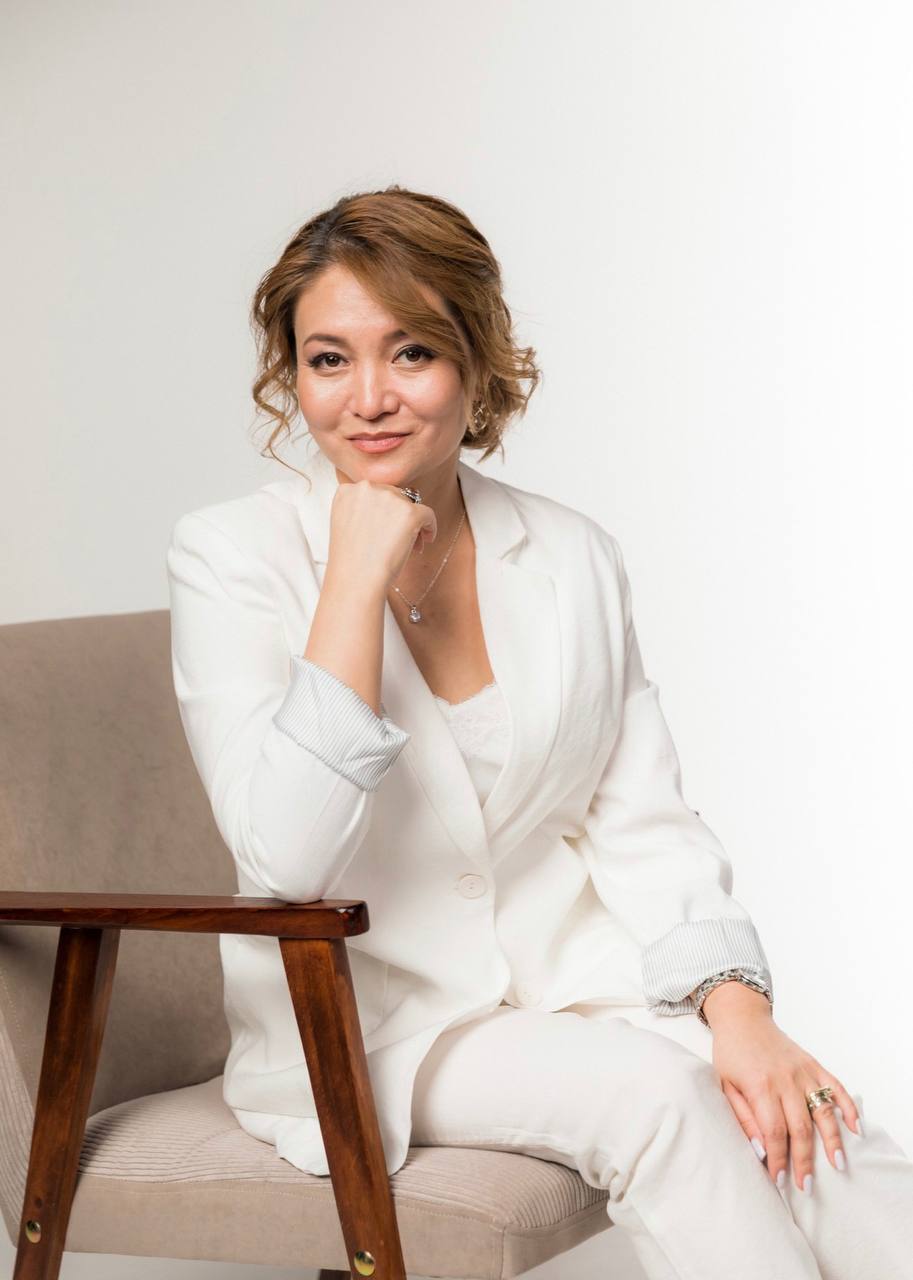
Anar Ibrayeva
Candidate of Sciences in Philology,
Kazakh Ablai Khan University of International Relations and World Languages,
MA in Applied Linguistics and TESOL, University of Leicester (UK)
Teaching professor
Dean of KAZGUU School of Liberal Arts
Internships:
Leiden University, the Netherlands (2016, 2017, 2019 Erasmus+)
Brunel University, London, UK (2013 Bolashak Scholarship)
“Best teacher” award by the Ministry of Education and Science of the Republic of Kazakhstan (2015)
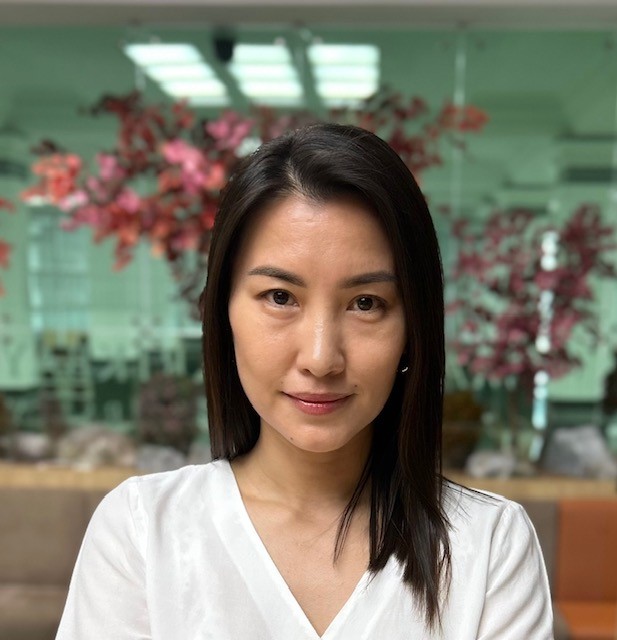
Gulfiya Kuchumova
PhD in Education, Nazarbayev University
Assistant professor
Publications:
Kuchumova, G., Bilyalov, D. & Jonbekova, D. (2023). Faculty engagement in university-industry research partnerships: Findings from a developing country. Studies in Higher Education (Q1/H120) https://www.tandfonline.com/doi/abs/10.1080/03075079.2023.2203135
Moldashev, K., Kuchumova, G. & Malgeldinov, N. (2023). University strategic responses to challenges of the pandemic: A systematic literature review and the case of Kazakhstan. Central Asian Economic Review 5. https://doi.org/10.52821/2789-4401-2022-5-127-141
Jonbekova, D., Kuchumova, G., Goodman, B., Kerimkulova, S. & Sparks, J. (2022). Employment of Master degree graduates in Kazakhstan: Navigating an uncertain labour market. Central Asian Survey (Q2/H35). https://doi.org/10.1080/02634937.2022.2141690
Mason, S., Lévesque, M., Meki-Kombe, C., Abel, S., Balaban, C., Chiappa, R., Grund, M., Joubert, B, Kuchumova, G., Mantai, L., Main, J., Motshoane, P., Qi, J., Steyn, R., & Zheng, G. (2022). Reflections from early-career researchers on the past, present and future of doctoral education in Towards a Global Core Value System in Doctoral Education (Eds. M. Nerad, D. Bogle, U. Kohl, C. O’Carroll, C. Peters, & B. Scholz), pp. 241-256, UCL Press.
Grant projects:
MHES: Research Capacity Development in Teacher Education in Kazakhstan.
CARCEIT NU: Academic promotion and remuneration policies at private higher education institutions in Kazakhstan.
Number of WOS/Scopus publications: 2. H-index – 2
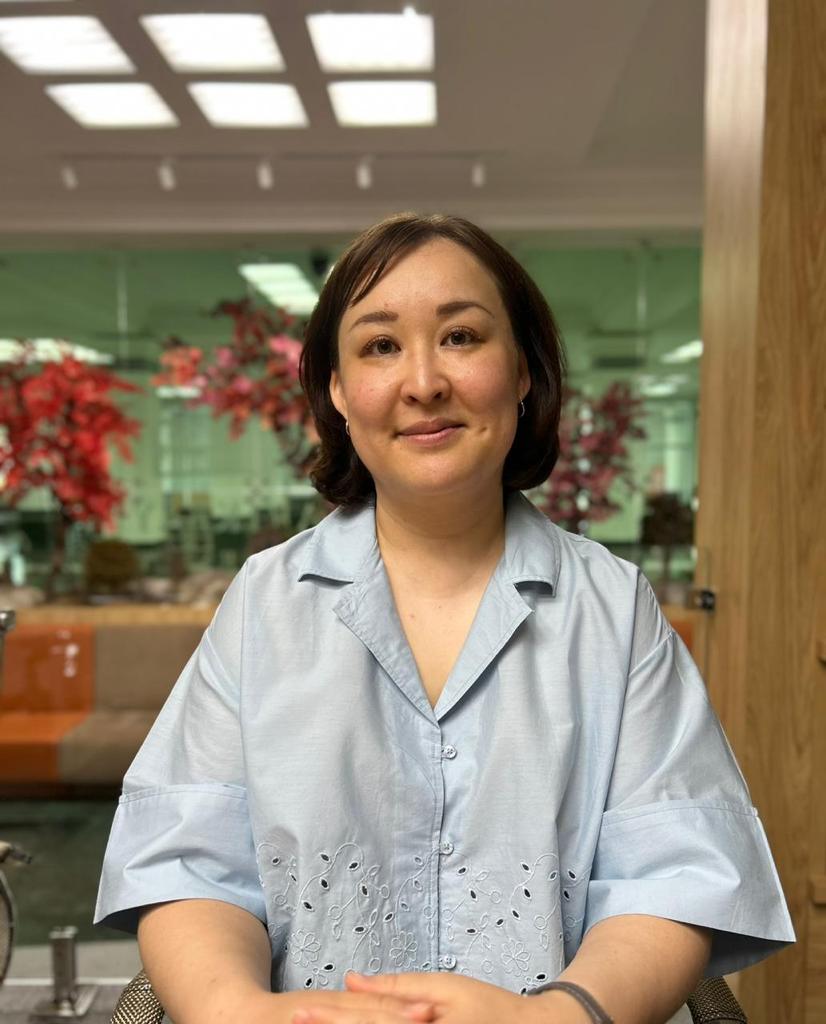
Dinara Mukhamejanova
PhD in Education, Nazarbayev University
Assistant professor
Publications:
Mukhamejanova, D. & Konurbayeva, Zh. (2023). Diaspora engagement and return migration for educational purposes in Estonia and Kazakhstan. International Journal of Comparative Education and Development. Emerald Publishing. (Q3)
Mukhamejanova, D., (2022). Challenges and benefits of using a qualitative survey to study prospective teachers’ meaning making process. In Sage Research Methods: Doing Research Online. SAGE Publications, Ltd., https://doi.org/10.4135/9781529600759
Mukhamejanova, D. (2020). A Narrative Study of International Students’ Sense of Belonging in Kazakhstan: Implications for Higher Education Institutions. In: Egéa, D. (eds) Education in Central Asia. Education, Equity, Economy, vol 8. Springer, Cham. https://doi.org/10.1007/978-3-030-50127-3_8
Mukhamejanova, D. (2019). International students in Kazakhstan: A narrative inquiry of human agency in the process of adaptation, International Journal of Comparative Education and Development, 21(3), pp. 146-163. https://doi.org/10.1108/IJCED-07-2018-0024 (Q3)
Grant projects:
MHES: Research Capacity Development in Teacher Education in Kazakhstan.
CARCEIT NU: Academic promotion and remuneration policies at private higher education institutions in Kazakhstan.
Number of WOS/Scopus publications: 2. H-index – 2

Dmitry Petrov
Specialist degree in Translation Studies in English and French,
Maurice Thorez Moscow State Pedagogical Institute of Foreign Languages
Associate professor
A well-known psycholinguist, polyglot, author of the book “Magic of the Word” and textbooks-simulators for the rapid study of foreign languages, winner of the RF Government Prize in the field of education and culture. Author and host of the intellectual reality show “Polyglot”. Learn English in 16 hours! on the TV channel “Culture”. A total of 8 seasons have been released: English, Italian, French, Spanish, German, Hindi/Urdu, Portuguese, Chinese.
With the help of his own method of intensive learning of foreign languages, he managed to become a polyglot, having learned more than 30 languages.

Anna Tonkikh
MPhil in Education, University of Cambridge (UK)
Senior lecturer
Certified Teacher Trainer
DELTA (Diploma of English Language Teaching to Adults, Modules 1-3, Cambridge Assessment), 2017
CELTA (Certificate of of English Language Teaching to Adults, Cambridge Assessment), 2013
US Embassy Alumni Grant recipient, design and delivery of English Writing for Academic Purposes Course (book publication), 2017
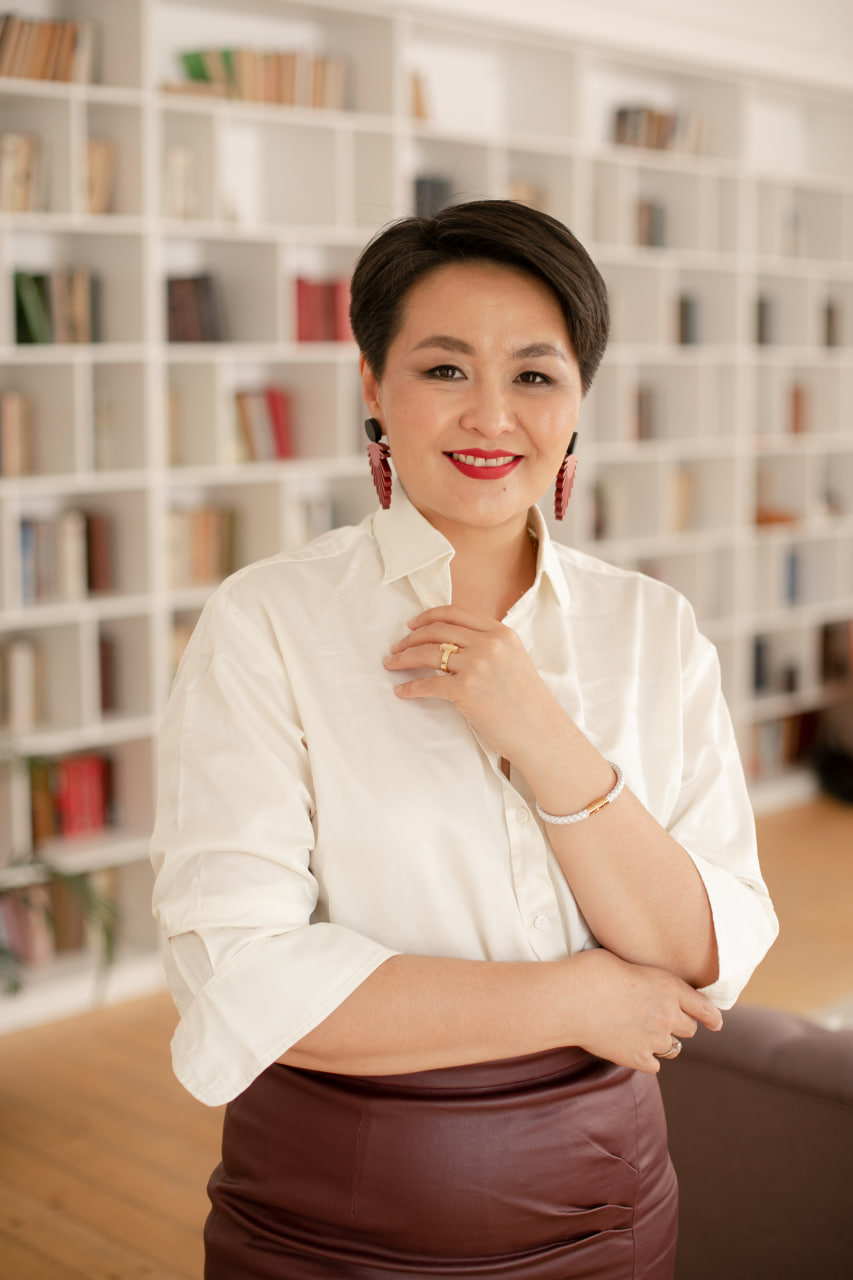
Merey Mustafina
Master of Arts in Development Management, University of Westminster
Senior lecturer
THNK School of Leadership, Executive Leadership Programme, 2018
Executive Producer of Umay Global – eco-system and growth space of women leadership in business.
Founder/CEO of Networking Bureau “PIPL”. The first agency in Kazakhstan to provide professional networking training, coaching, tailor-made networking activities for business events.
Ambassador for Central Asia and CIS (partially) – Women’s Entrepreneurship Day – the world’s largest entrepreneurial and financial empowerment initiative dedicated to celebrating, supporting and empowering women worldwide.
Representative Director of Fryday – a network of professionals in Georgia, Kazakhstan and Poland.
Duration – 1/2 years
The program is focused on training qualified psychologists in the field of research, pedagogical and counseling activities.
Program features:
– flexible learning program that allows the master’s degree student to create an individual study plan in the field of the cognitive behavioral therapy and art therapy;
– completion of a scientific-pedagogical practice and research internship at the partner universities, including a professional internship at the centers of psychological care, crisis centers, etc.
– the opportunity to gain research experience, develop skills for pedagogical and counseling work.
Program aim: training specialists with scientific knowledge, competencies, practical skills in psychology, able to apply these skills in analytical, research, pedagogical, and counseling spheres of psychology.
By the end of the program, you will be able to:
-
-
- plan, organize, implement scientific and applied psychological research based on philosophical approaches, methodology along with general scientific methods aimed at collecting, processing, and interpreting data;
- select and develop methodological tools, develop empirical research and educational programs as well as programs focused on providing practical assistance to a person, group, or organization in compliance with the client’s needs and goals;
- master schemes of individual and group work in counseling psychology, apply psycho-diagnostic methods, methodologies, techniques, technologies of psychological assistance, and correction of personality that meet ethical and professional standards for psychologists;
- develop the skill to work with various sources of information (books, scientific articles, cases, etc.), and analyze information received during the process of education and self-development by using critical thinking;
- – master professional and communicative skills required to conduct scientific research, exert pedagogical influence, and provide counseling assistance;
- – monitor the mental health of an individual and group in the social sphere;
-
_______________________
Information about modules
Module 1. The scientific and pedagogical module includes a set of disciplines aimed at training scientific and pedagogical staff for the system of higher postgraduate education along with the scientific sphere. The main aim is to train a specialist with professional knowledge who is able to develop global, general scientific, communicative, educational, and critical thinking skills. Additionally, such disciplines as Management Psychology, History and Philosophy of Science, Pedagogy of Higher Education, Professional Foreign Language, Methods of Teaching Psychology, and pedagogical practice are part of the module.
The module allows the master’s degree student to obtain the necessary general scientific and educational skills in professional communication to apply them in analytical, research, and pedagogical spheres of psychology.
Module 2. The counseling module includes a set of disciplines aimed to shape the modern notions of psychological assistance, a systematic approach to solving psychological problems. Furthermore, their aim is to form and develop a professional stance by mastering the main directions and therapies of counseling psychology as well as applying different methods while working with a diverse range of clients (adults, families, children, organizations, etc.) and problems (crisis, illness, career, etc.).
This block offers two specializations to the master’s degree student: cognitive behavioral therapy and art therapy. It consists of the following disciplines: Methodological Issues of Modern Psychology, Models of Modern Counseling Psychology, Practical Ethnic Psychology, Projective Psycho-Diagnostics in Counseling Psychology, Modern Personality Theories, Organizational Counseling, professional practice in specialized organizations, Cognitive Model and Neuroscience, Topical Issues of Art Psychology and Ontogeny of Visual Activity, Behavioral Psychotherapy, Art Therapy for Children and Adolescents, CBT Addiction, Art Therapy Techniques in Group Work, CBT Stress and PTSD, Art Therapy in Crisis Psychology, CBT Marital Relations, Metaphorical Cards in the Practice of Psychological Counseling. The counseling module provides an opportunity to master psycho-diagnostic methods and modern techniques for monitoring and providing psychological assistance aimed at solving the psychological difficulties of an individual and improving the socio-psychological climate in a group or organization.
Module 3. Scientific-research module is a block of basic and profile disciplines focused to study scientific-research disciplines, such as Methods for Analyzing and Interpreting Psychological Research Data, Design of Psychological Research, Methodology of Scientific Research of Postgraduate Education, Research practice, SRWM 1, SRWM 2 (internship), SRWM 3 and SRWM 4. There are the following ways to conduct a professional practice: stationary on the basis of the national and international commercial organizations or national government organizations specializing in psychological services or having relevant departments, including research centers and laboratories (KAZGUU is no exception) at their disposal. On top of that, the defense of the master’s thesis is a part of the block, including preparation for the defense procedure and the defense procedure itself.
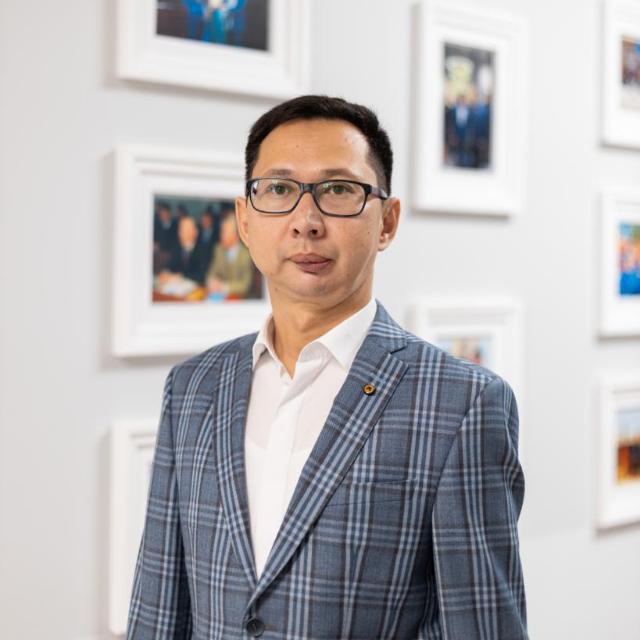
Samekin Adil Serikpaevich
Phd, Lomonosov Moscow State University,
Social Psychology, Associate professor
Lapel badge “For merits in the development of science of the Republic of Kazakhstan” Ministry of Science and Higher education of the Republic of Kazakhstan (No 038, dated December 22, 2022) Number of publications in WOS/Scopus: 28. H-index – 11
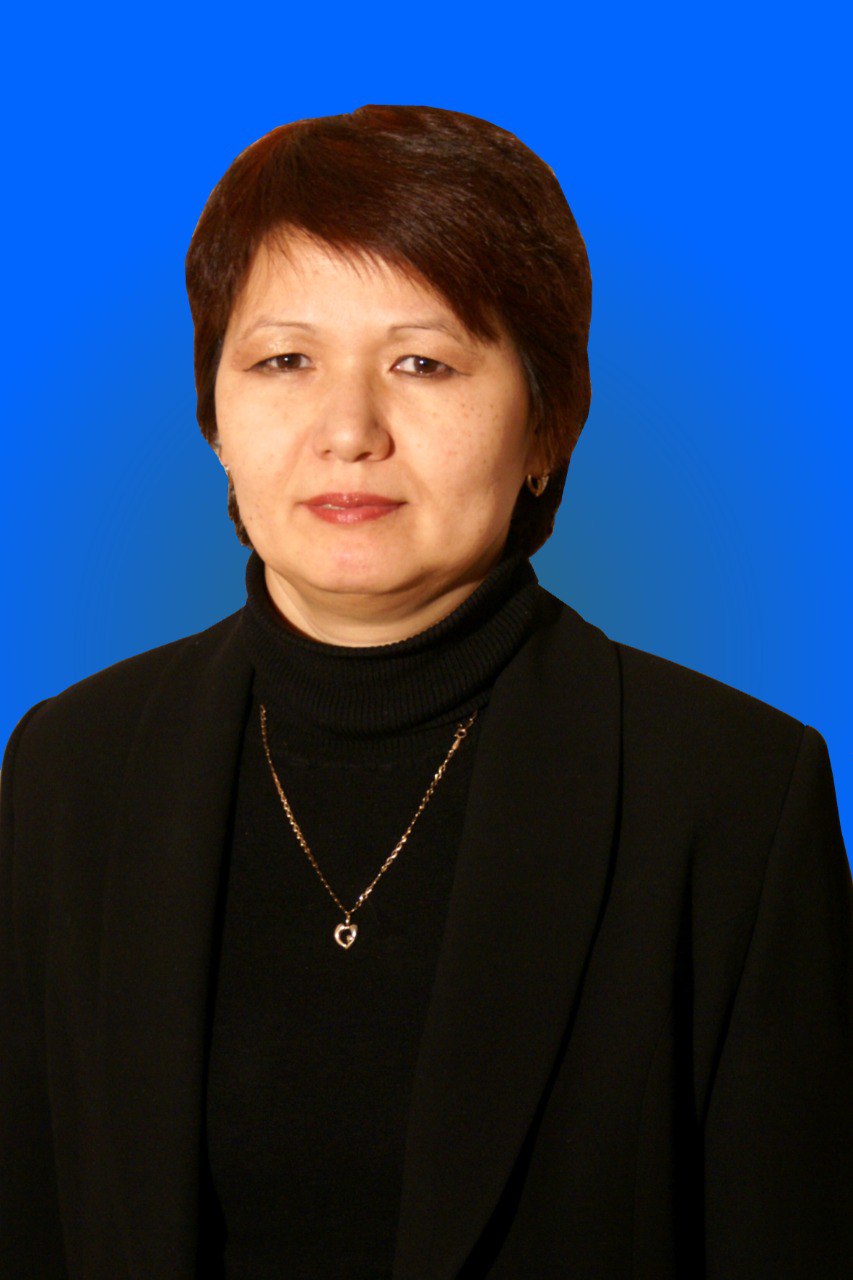
Bayankulova Saule Omarovna
Candidate of Psychological Sciences, Al-Farabi KAZNU, Pedagogical Psychology, Teaching professor
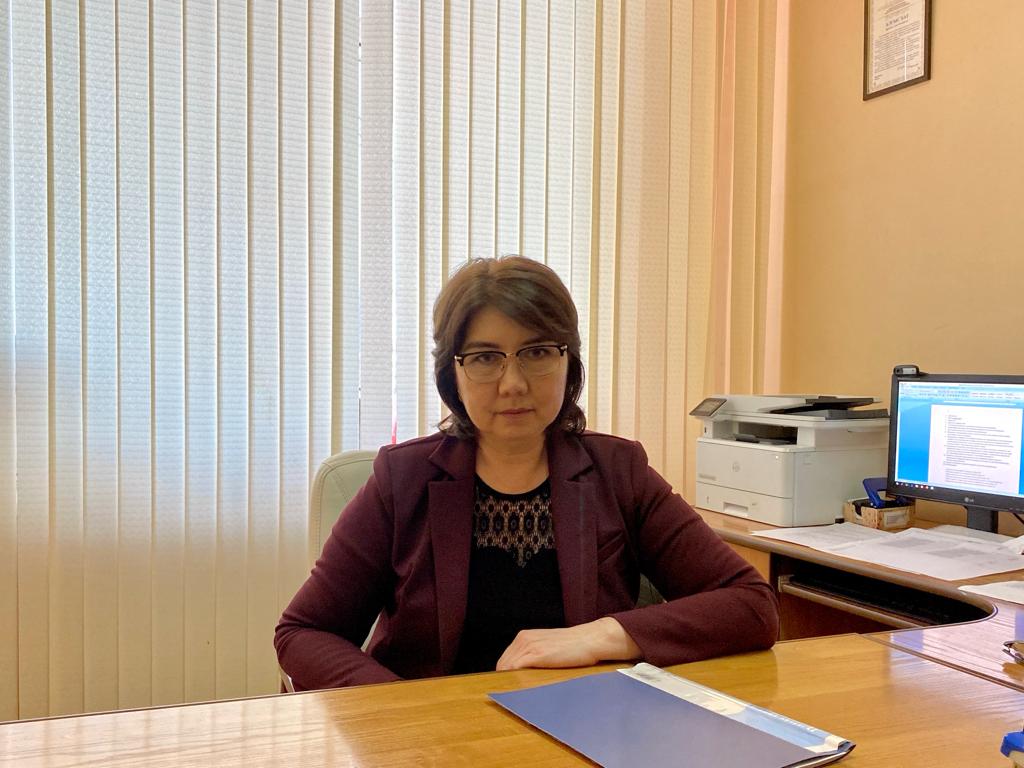
Sabirova Raikhan Shaikhishevna
Candidate of Psychological Sciences, Abai Kazakh National Pedagogical University Psychology, Teaching professor
1) Application to the head of the organization;
2) Copy of the document on higher (postgraduate) education;
3) Copy of the international certificate confirming proficiency in a foreign language (if available);
4) Personal sheet on staff records and a document confirming labor activity (for those with work experience);
5) Six photos of the size 3×4 centimeters;
6) Medical certificate form 086-У;
7) Copy of the identity card;
8) List of the scientific and scientific-methodological works (if available).
Applicants for a master’s degree should pass the CT, which includes a test in a foreign language (English, German, French – at the student’s choice), a test for the profile of a group of educational programs, and a test to determine readiness for learning in Kazakh or Russian.
The list of groups of educational programs indicating the profile disciplines of the comprehensive test
| Code | Names of the educational programs | Profile subject 1 | Profile subject 2
|
Language department |
| Group of educational programs | ||||
| M066Psychology | ||||
|
7M03132 |
Psychology |
General Psychology | Development Psychology | Kazakh/Russian |
 MAQSUT NARIKBAYEV UNIVERSITY
MAQSUT NARIKBAYEV UNIVERSITY